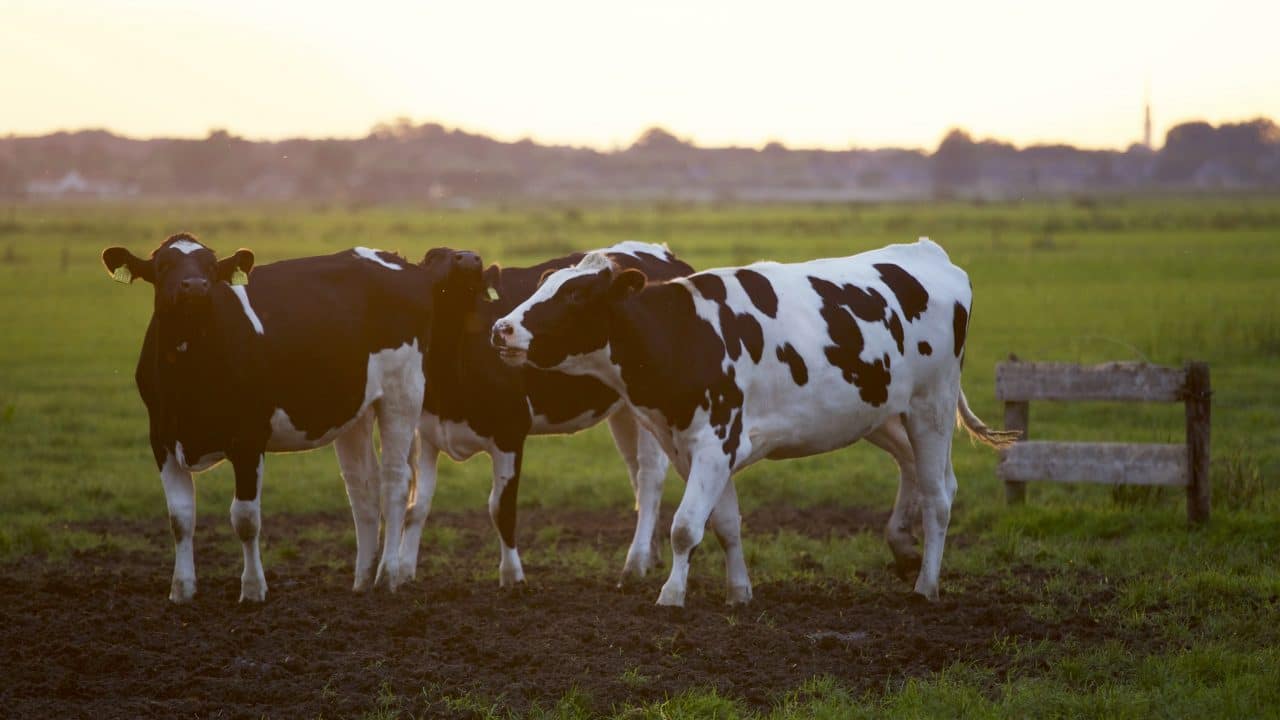In a move which is said to ‘undermine’ Michael Gove’s previous animal welfare ambitions, MPs have voted against the inclusion of animal sentience in the EU (Withdrawal) Bill.
Under current EU law, animals are recognized to feel pain and emotion, but now a decision has been made not to transfer that recognition into domestic post-Brexit law, following an eight-hour parliamentary debate. An amendment clause (NC30) was submitted by Green MP Caroline Lucas, which was rejected with an 18 majority in favour of The British Government’s position (313 MPs voted against NC30; 295 voted in favour).
“It’s shocking that MPs have given the thumbs down”
The decision ‘flies in the face of the government’s pledge for high animal welfare standards post-Brexit’, according to the RSPCA, which has been pushing for animal sentience to be embedded in future UK legislation. The charity has called the results of the vote ‘extremely disappointing’ and says that laws affecting animals need to account for their ‘capacity to suffer’.
“It’s shocking that MPs have given the thumbs down to incorporating animal sentience into post-Brexit UK law. This is truly a backward step for animal welfare,” says David Bowles, head of public affairs, RSPCA.
“Animal sentience is never mentioned in the Animal Welfare Act and, crucially, only domestic animals are really covered by the provisions of the act anyway; animals in the wild and laboratories are expressly exempt. It is simply wrong for the government to claim that the act protects animal sentience,” he continues.
“This is truly a backward step for animal welfare”
Speaking on behalf of the Soil Association, Helen Browning, CEO, also reacts: “This decision is a huge backwards step that will ring alarm bells across this nation of animal lovers. The government has repeatedly promised that farm animal welfare standards will not be lowered post Brexit, yet reducing the status of animals by denying their sentience paves the way for this. No livestock farmer or pet owner would ever be persuaded that their animals are not capable of suffering, or capable of feeling. This narrow vote goes against the grain of our ever-increasing scientific understanding of non-human animals, and against the grain of our own humanity, so we urge the government to reconsider.”
Following publication of this story, further developments saw the Government issue a draft Animal Welfare Bill on 12 December, Browning continued by commenting: “We warmly welcome today’s draft bill, which will require all ministers to consider animal welfare when making policy decisions. This is an essential first step and will ensure the UK doesn’t fall behind existing EU legislation on animal sentience. However, to meet Michael Gove’s ambition of the UK having the highest animal welfare standards, we need to see a transition away from intensive factory farming, where chickens, pigs, cows and other farm animals are often kept indoors for their entire lives, in cramped conditions and with no chance to fulfil their natural instincts. In the ensuing consultation process that follows today’s announcement, the Government should commit to ensuring all farming animals live a good life, where higher welfare systems such as free range and organic become the norm rather than the exception.”





